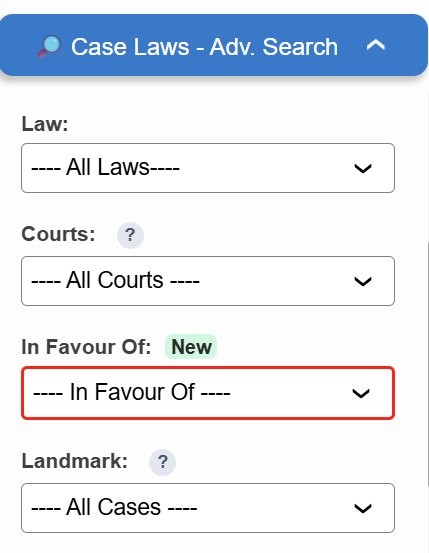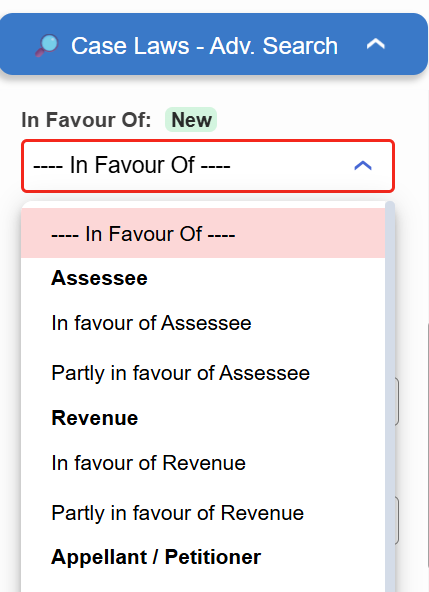Introducing the “In Favour Of” filter in Case Laws.
- ⚖️ Instantly identify judgments decided in favour of the Assessee, Revenue, or Appellant
- 🔍 Narrow down results with higher precision
Try it now in Case Laws →


Just a moment...
Introducing the “In Favour Of” filter in Case Laws.
Try it now in Case Laws →


By creating an account you can:
Press 'Enter' to add multiple search terms. Rules for Better Search
No Folders have been created
Are you sure you want to delete "My most important" ?
NOTE:
Note
Bookmark
Share
Don't have an account? Register Here
<h1>Finance Bill 2021: New Rules for Anti-Dumping, Countervailing Duties; Temporary Revocation for Steel Products Until Sept 2021.</h1> The Finance Bill, 2021 introduces several changes to the rules governing Anti-Dumping Duty (ADD), Countervailing Duty (CVD), and Safeguard Measures. Effective from July 1, 2021, the rules mandate that final findings in review cases be issued three months before the expiry of ADD and CVD. Provisional assessments are allowed in anti-circumvention investigations. Temporary revocations of ADD and CVD are announced for specific steel products from various countries until September 30, 2021. The anti-dumping duty on certain cold-rolled flat stainless steel products has been discontinued following a sunset review. These amendments aim to clarify and streamline the application of these duties.
 TaxTMI
TaxTMI